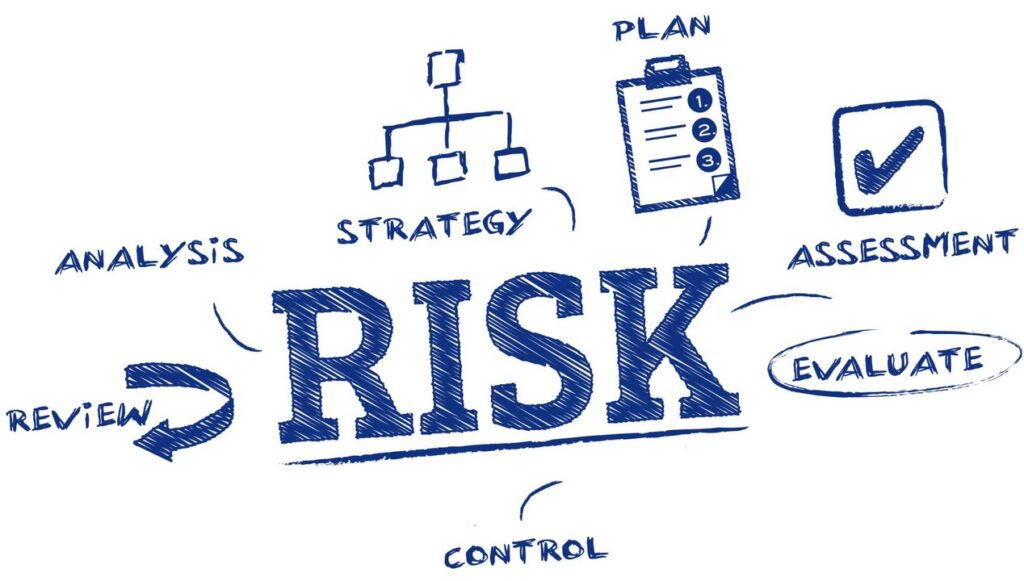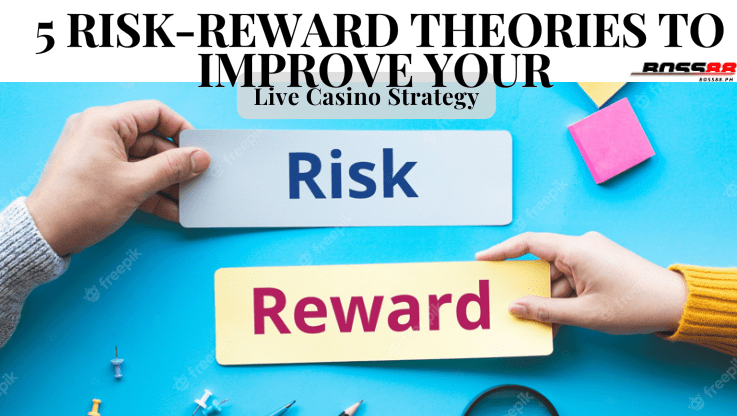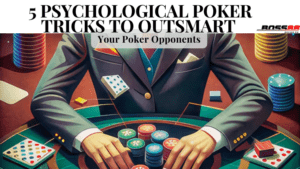Live casino gaming is a dynamic environment where every decision involves weighing risks against potential rewards. Understanding and applying risk-reward theories can significantly improve your strategy and increase your chances of success. In this article, we’ll explore five essential risk-reward theories that can elevate your live casino experience.

Expected Value (EV): The Foundation of Decision-Making
Risk-Reward, What is Expected Value?
Expected Value (EV) is a mathematical concept that calculates the average outcome of a decision if repeated multiple times. It’s a cornerstone of strategic thinking in live casino games.
How It Applies to Live Casinos
In games like blackjack, roulette, and poker, understanding EV helps you make decisions that maximize potential gains while minimizing losses. For example:
- Positive EV: Betting on outcomes with higher probabilities of success or better payouts.
- Negative EV: Avoiding bets with high risks and low chances of winning.
Practical Tip
Use EV calculations to evaluate each bet. For instance, in blackjack, following basic strategy charts helps you make decisions with the best possible EV.
Risk-Reward: Risk-Aversion Theory – Balancing Safety and Rewards
What is Risk-Aversion Theory?
Risk-aversion theory examines how individuals weigh the potential losses against potential gains. Risk-averse players prioritize minimizing losses, while risk-tolerant players are willing to take bigger risks for higher rewards.
How It Applies to Live Casinos
- Risk-Averse Strategies: Stick to games like baccarat or blackjack, where odds are relatively favorable. Place smaller, safer bets to protect your bankroll.
- Risk-Tolerant Strategies: Try games like roulette or live game shows, which offer higher payouts but come with increased volatility.
Practical Tip
Determine your risk tolerance before starting. If you’re new to live casino gaming, begin with low-risk strategies and gradually experiment with higher-risk bets as you gain experience.

Risk-Reward: Prospect Theory – How Perception Influences Your Bets
What is Prospect Theory?
Prospect theory suggests that people value potential losses and gains differently. Players often fear losses more than they desire equivalent gains, leading to irrational decision-making.
How It Applies to Live Casinos
In live gaming, this theory explains why players might:
- Chase losses after a losing streak.
- Overbet on a “lucky streak” without considering probabilities.
Practical Tip
Stay rational and avoid emotional decision-making. Set clear limits for losses and wins to prevent the psychological traps highlighted by prospect theory.
Kelly Criterion: Optimizing Bet Sizes
What is the Kelly Criterion?
The Kelly Criterion is a formula designed to optimize bet sizes based on your bankroll and the perceived probability of winning. It aims to maximize growth while minimizing the risk of ruin.
Formula:
Bet Size=EdgeOdds\text{Bet Size} = \frac{\text{Edge}}{\text{Odds}}Bet Size=OddsEdge
Where:
- Edge: Your estimated advantage (e.g., based on strategy or skill).
- Odds: The payout odds of the bet.
How It Applies to Live Casinos
- In blackjack, you might adjust bet sizes depending on your advantage over the dealer.
- In roulette, you can use the Kelly Criterion to allocate bets across numbers or colors.
Practical Tip
Use the Kelly Criterion as a guide but avoid overestimating your edge. This formula works best for experienced players who can accurately assess probabilities.

Martingale System: A Double-Edged Sword
What is the Martingale System?
The Martingale betting strategy involves doubling your bet after every loss, with the goal of recovering losses and achieving a net profit.
How It Applies to Live Casinos
The Martingale system is popular in games like roulette and baccarat. While it can yield short-term gains, it carries significant risks:
- Pros: Simple to understand and can lead to quick recoveries.
- Cons: Requires a large bankroll to sustain losses and can hit table limits.
Practical Tip
Use the Martingale system cautiously. Set strict limits to avoid catastrophic losses and combine it with other risk-reward theories for a balanced approach.
Final Thoughts
Improving your live casino strategy isn’t just about luck; it’s about understanding the underlying mechanics of risk and reward. By applying these five theories—Expected Value, Risk-Aversion, Prospect Theory, Kelly Criterion, and the Martingale System—you can make more informed decisions and enhance your overall gaming experience.
Remember, while strategy plays a crucial role, responsible gaming should always be your top priority. Set limits, play within your means, and focus on enjoying the game. Balancing entertainment with strategy is the ultimate formula for success in live casinos.







































